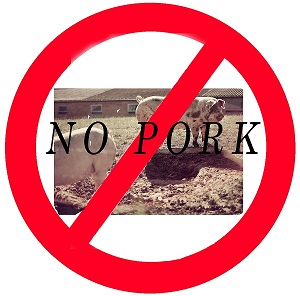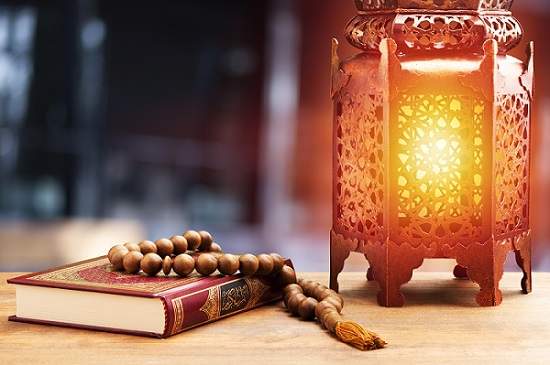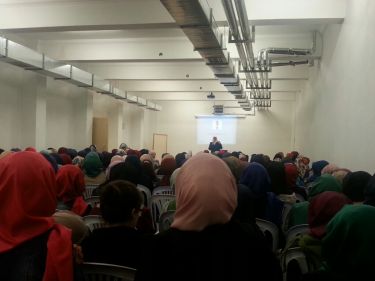Dr.Hüseyin Kâmi BÜYÜKÖZER
Hijab, covering, concealment, hiding, hiding in or behind something. It is an infinitive in the form of “tefe’ul” from the root “STR”. As a term of jurisprudence, it means that a man or woman covers the parts that must be covered by the Sharia. The parts of a person which must be covered and which are forbidden for others to look at are called “the place of avret”.
“O Prophet! Tell your wives and your daughters and the women of the believers to cover their bodies tightly with their jilbab (outer garments), including their heads. This is the best for them to be recognised and not to be recognised and not to be harassed. And Allah is All-Forgiving, Most Merciful.” (Surah Al-Ahzab – 59)
“Tell the believing men: Let them guard their eyes and guard their chastity. This is purer for them” (Surah an-Nur, 24/30). It is also said about the veiling of women: “Say to the believing women: “Let them guard their eyes from forbidden things and guard their rape. Do not expose their adorning parts. Except the part of them that is visible. Let them put their head coverings over their collars. They should not show their adornment to anyone except their own husbands, their fathers, their husbands’ fathers, their husbands’ fathers, their sons, their husbands’ sons, their own brothers, their brothers’ sons, their sisters’ sons, their own women, their slaves, servants who have no sense of manhood, or children who are not yet aware of the secret places of women. Nor should they strike their feet so that their adornment may be known. O believers! Repent to Allah, all of you. So that you may be safe from what you fear” (Surah an-Nur, 24/31).
“There are two classes of the people of the Fire / the people of Hell: One of them is a people who have with them sticks/sticks/jabs that look like the tails of cows/cows, and they beat people with them. The other is women who are clothed but open (wearing clothes that show the skin or one side of their bodies is completely open), reflecting their inclination towards men / or walking with a strut (with the gait of bad women), shaking their shoulders, and their heads are like the hump of camels. These women cannot enter Paradise and cannot even smell the odour of Paradise, the smell of which can be smelled from a great distance.” (Muslim, Libas, 125).
As Muslims, one of the indispensable and faithful conditions of our way of life is Hijab, which both men and women must observe. Just as men are obliged to cover at least the part of their body between their navel and kneecap in the presence of men and women, women are also obliged to cover the part of their body from their hair to their arms and ankles, except their face, in the presence of men whose being is forbidden with women according to Islamıc Law.
For at least a century, external and internal forces have been trying to remove our society from the orbit of Islam, and while trying to destroy the dynamics of our way of life one by one, they have been engaged in a relentless struggle with the hijab, which is the Hijab of our women, and with the identity that should be in society. This struggle has been led from the beginning by Europe, which tries to act as an apostle of human rights.
Whoever perseveres in his commitment to this cause, Allah’s consent will be with him. Muslims have always proved to humanity that they are the descendants of a great civilisation. These meaningless bans have been lifted for years, but this time we must beware of capitalist thugs, those who try to degenerate the hijab in the guise of fashion designers. We must not give such people an opportunity.
“And those who, when they have committed a sin or wronged their souls, remember Allah and seek forgiveness for their sins, and have not persisted in their sins. Their reward is forgiveness from their Lord and Gardens under trees under which rivers flow. They will abide therein for ever. How good is the reward of those who do good deeds.” (Surah Al-Imran, 135-136)
It is obligatory to cover the parts of the ‘awrah in or out of prayer, even if one is in a secluded place, except for necessities such as washing, natural necessity and taharah. The evidence for this is the Qur’an and the Sunnah.
Allah (SWT) says: “O children of Adam! Whenever you come to the mosque, come wearing beautiful clothes” (Surah al-A’raf, 7/31).
It is stated in the verse that the need for human beings to cover themselves began with the first human beings, Adam and Eve, and that nakedness is an ugly thing: “O Children of Adam! Just as Satan drove your parents out of Paradise by stripping off their clothes to show them their evil parts, so let him not do evil to you” (Surah al-A’râf; 7/27). “O Children of Adam, We have sent down for you a garment to cover your ugly parts and a garment to adorn yourselves with, but the garment of piety is better” (Surah al-A’raf; 7/26).
The necessity of utilising animal wool for clothing is pointed out as follows: “He has also created the cattle, and in them there is for you warmth and preservatives and much good” (Surah an-Nahl, 6/5).
The purpose of veiling is to protect from the gaze of others and to protect the rape from illegitimate sexual desires. Men’s eye protection is to protect women’s chastity.





